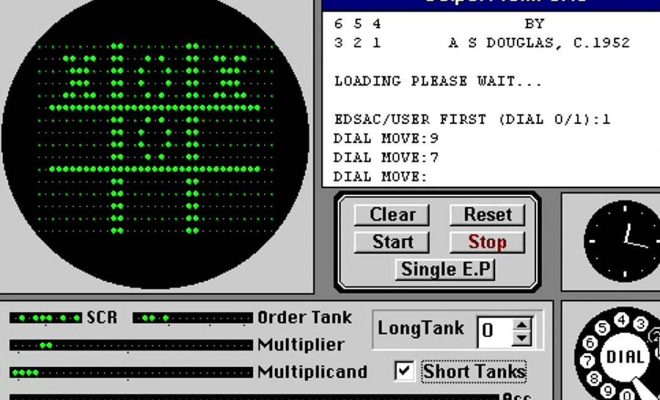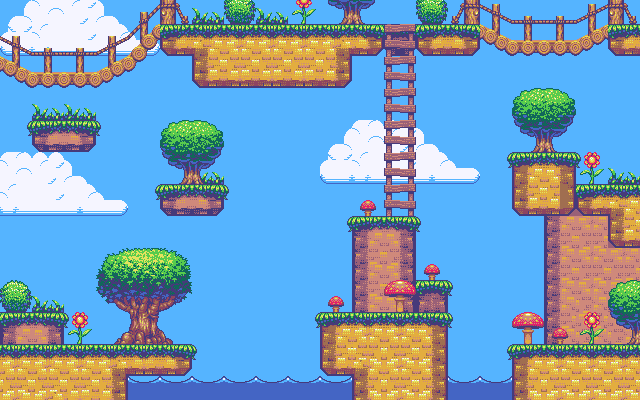OXO aka Noughts and Crosses – The First Video Game

Video games have come a long way since their inception in the 1940s. From simple arcade games to complex online multiplayer games, the gaming industry has grown exponentially. But did you know that the first video game was a simple game of tic-tac-toe, also known as OXO or noughts and crosses?
History of OXO
OXO was created in 1952 by Alexander S. Douglas, a computer scientist at the University of Cambridge. The game was programmed on the Electronic Delay Storage Automatic Calculator (EDSAC), one of the first computers in the world. The game was created as part of Douglas’ PhD thesis on human-computer interaction.
How to Play OXO
OXO is a simple game that can be played with a pen and paper. The game consists of a 3×3 grid, and players take turns placing either an “X” or an “O” in one of the squares. The objective of the game is to get three of your symbols in a row, either horizontally, vertically, or diagonally.
The First Video Game
In 1952, Douglas programmed OXO on the EDSAC computer, using a cathode ray tube display to show the game board. The computer used a light pen to allow players to place their symbols on the board. The game was not interactive in the way we think of video games today, as there was no opponent to play against. Instead, players would play against the computer, which would randomly select moves.
Legacy of OXO
OXO was the first video game ever created, and it paved the way for the gaming industry that we know today. While OXO was a simple game, it demonstrated the potential of computers as gaming platforms and laid the foundation for the development of more complex video games.
In conclusion, OXO, also known as noughts and crosses or tic-tac-toe, was the first video game ever created. Developed in 1952 by Alexander S. Douglas, the game was programmed on the EDSAC computer and demonstrated the potential of computers as gaming platforms. While simple, OXO paved the way for the development of more complex video games and has left a lasting legacy in the gaming industry.





